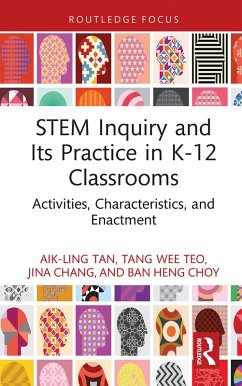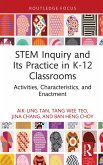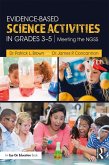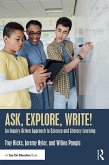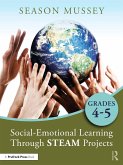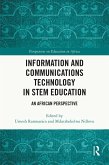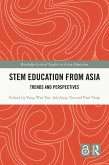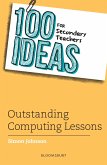Are you interested to understand the difference between science inquiry and STEM inquiry? Do you want to introduce integrated STEM problem solving to your students but need help with the key features of STEM inquiry? This book presents in-depth discussions related to the features and affordances of integrated STEM inquiry. Written for K-12 teachers and teacher educators, this book conceptualises STEM inquiry and integrated STEM and their enactment, using three practical STEM instructional frameworks: problem-centric, solution/design-centric, and user-centric STEM. The three STEM instructional frameworks serve as a key anchor for teachers to interpret and apply when planning various STEM lessons in meaningful, practical, and coherent ways.
Whether you are an aspiring K-12 STEM teacher or an in-service teacher teaching K-12 students, the ideas of integrated STEM inquiry presented in this book challenge educators to think about the principles of integrated STEM inquiry and how they can be incorporated into classroom practice and lessons.
Dieser Download kann aus rechtlichen Gründen nur mit Rechnungsadresse in A, B, BG, CY, CZ, D, DK, EW, E, FIN, F, GR, HR, H, IRL, I, LT, L, LR, M, NL, PL, P, R, S, SLO, SK ausgeliefert werden.

